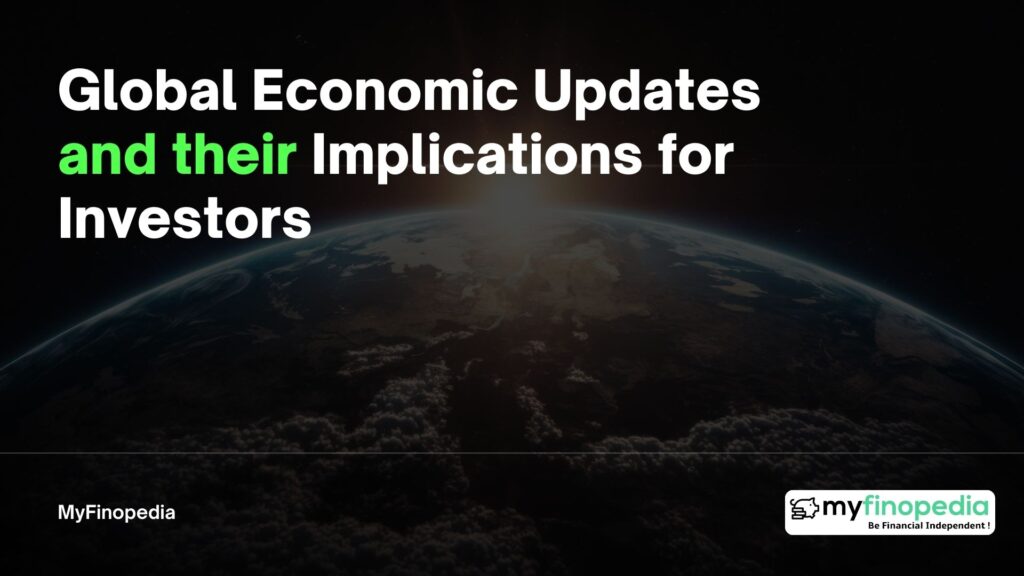The global economic landscape is undergoing dynamic shifts, influencing investment strategies worldwide. As of the latest updates, major economies are showing signs of recovery from the pandemic-induced downturn. The United States is experiencing robust growth, fueled by fiscal stimulus measures and a rebound in consumer spending. However, concerns linger over inflationary pressures and the Federal Reserve’s potential policy adjustments.
In Europe, economic revival is gaining traction, but uncertainties persist due to supply chain disruptions and pandemic-related challenges. China, a key player in the global economy, is focusing on achieving sustainable growth, balancing reforms with stability.
Implications for investors are multifaceted. Equity markets have seen gains, reflecting optimism about economic rebounds, but the risk of market corrections remains. Investors should closely monitor central bank policies, particularly the Fed’s stance on interest rates, as this can impact various asset classes.
Inflation is a focal point; if it continues to rise, it may erode real returns on investments. Diversification across asset classes and regions becomes crucial to mitigate risks. Technology and healthcare sectors remain attractive, given their resilience during the pandemic and potential for future growth.
In Japan, economic recovery is underway, but the country grapples with demographic challenges and deflationary pressures. The government is implementing stimulus measures to spur growth. Emerging markets face a mix of opportunities and risks. Some countries are benefiting from rising commodity prices, while others navigate fiscal constraints and currency fluctuations. Investors eye these markets for growth potential but must be mindful of geopolitical uncertainties and currency risks.
India’s economic landscape shows signs of recovery with robust growth and reforms. The government’s focus on infrastructure development and digital initiatives enhances investment prospects. However, challenges like inflation and unemployment persist. Investors should monitor policy changes, diversify portfolios, and consider the vast potential in technology and renewable energy sectors for sustainable returns.
Geopolitical tensions and environmental, social, and governance (ESG) factors are gaining prominence in investment decisions. Sustainability-focused investments are on the rise as investors seek both financial returns and positive societal impact.
In conclusion, navigating the current economic landscape demands a well-informed and adaptive approach. Investors should stay informed about global economic trends, diversify portfolios, and consider the broader impact of geopolitical and ESG factors on their investment strategies. Remaining agile and proactive in adjusting portfolios to changing market dynamics will be key to navigating the evolving global economic landscape.






